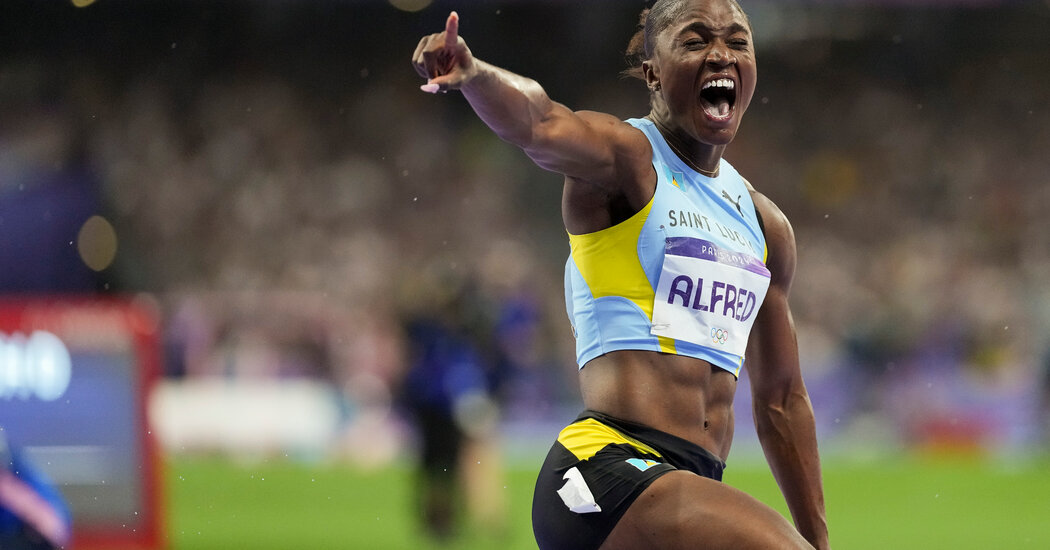If it feels like the same countries are winning most of the Olympic medals every two years, that’s because it’s largely true.
Even though more than 150 countries and territories have claimed a medal since the modern Games began in 1896, the list of winners is top-heavy. Entering the Paris Summer Games, the United States has the most, by far, with 2,975 medals, according to the International Olympic Committee’s research wing. A group of usual suspects follow: the former Soviet Union (1,204), Germany (1,058), Great Britain (955), France (898).
Nearly 70 countries and territories, though — roughly a third of the parade of nations — cannot boast an Olympic medalist in any discipline, summer or winter. Some, like South Sudan, which sent its first team to the Olympics in 2016, have only just begun trying. Others, like Monaco, have been at it for more than a century.
“It’s frustrating, definitely,” said Marco Luque, a member of the Bolivian Olympic Committee’s board and the president of his country’s track and field federation. “And you feel impotence, of not being able to do better.”
,
Every once in a while, though, a nation breaks its maiden. On Saturday night at the Stade de France, Thea LaFond-Gadson, 30, of the Caribbean island of Dominica, won the gold medal in women’s triple jump. And soon after, Julien Alfred, 23, of St. Lucia, also in the Caribbean, won the gold medal in the women’s 100-meter sprint.
“It means a lot to the small islands,” she said. “And seeing how we can come from a small place but also be on the biggest stage of our career.”








